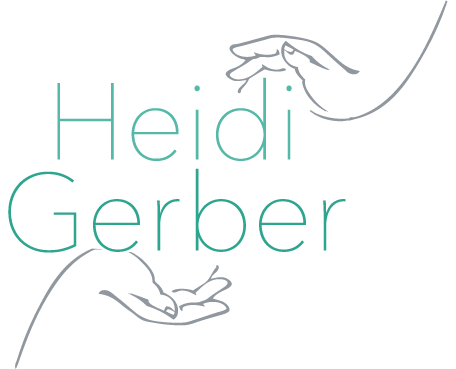Craniosacral Therapy
What You Need to Know about CST?
Known as a gentle and hands-on healing massage therapy, craniosacral therapy focuses on the rhythmic pulse present in your body and encourages the body to release certain restrictions that it has failed to do on its own.
The session, which lasts anywhere from one hour to two hours, requires you to lie down on the table quietly with your clothes on, while the massage therapist makes gentle contact at particular points around the knees, feet, torso, and head.
The gentle contact involves light finger pressure with no forceful thrusts or bone manipulations. As the craniosacral massage therapist hits those select points, they make a mental note of what they sensed at particular points as a little off in the craniosacral system and on the body.
What is the Goal of Craniosacral Therapy?
The primary goal of craniosacral therapy is to eliminate restrictions in the system and enhance the functioning of the Central Nervous System. Craniosacral therapy may also be used in other instances, such as to relieve migraine headaches, chronic pain, chronic fatigue syndrome, trauma, post-traumatic stress disorder, TMJ, post-surgical recovery, and more.
What is a Typical CST Session Like?
Craniosacral therapy facilitates the release of trapped tension from the body. To facilitate its release, your massage therapist will support both your spine and limbs using a process called myofascial release or energy cyst release.
My clients in NYC have reported feeling flowing sensations within their bodies, while others have fallen into a deep and relaxing sleep as the session progressed. Others have even been able to recall forgotten memories or have expressed certain hidden emotions.
"Craniosacral Therapy (CST), a subtle form of therapy that enhances the body’s natural ability to self-heal."
What Type of Conditions Does CST Help Improve?
- Anxiety
- Asthma
- Attention deficit disorder
- Breast feeding difficulties
- Central nervous system disorders
- Chronic fatigue
- Colic
- Depression
- Earaches
- Emotional difficulties
- Eye-motor coordination problems
- Fascial pain
- Fertility and Infertility
- Fibromyalgia and other connective-tissue disorders
- Flat spots or bulges on the head
- Insomnia
- Jaw pain
- Migraine headaches
- Motor coordination impairments
- Neurovascular or immune disorders
- Orthopedic problems
- Poor digestion
- Post-surgical dysfunction
- Post-traumatic stress disorder
- Scoliosis
- Several types of chronic pain
- Several types of headaches
- Sinusitis
- Sleep issues
- Stress and tension related issues (Craniosacral)
- Tinnitus
- TMJ
- Traumatic brain and spinal cord injuries
- Vertigo
Give us a Call
If you feel CST is an option for you or you have any questions regarding this massage therapy, give us a call and we will be happy to answer any of your questions. If you then feel the treatment can help you
Book an Appointment